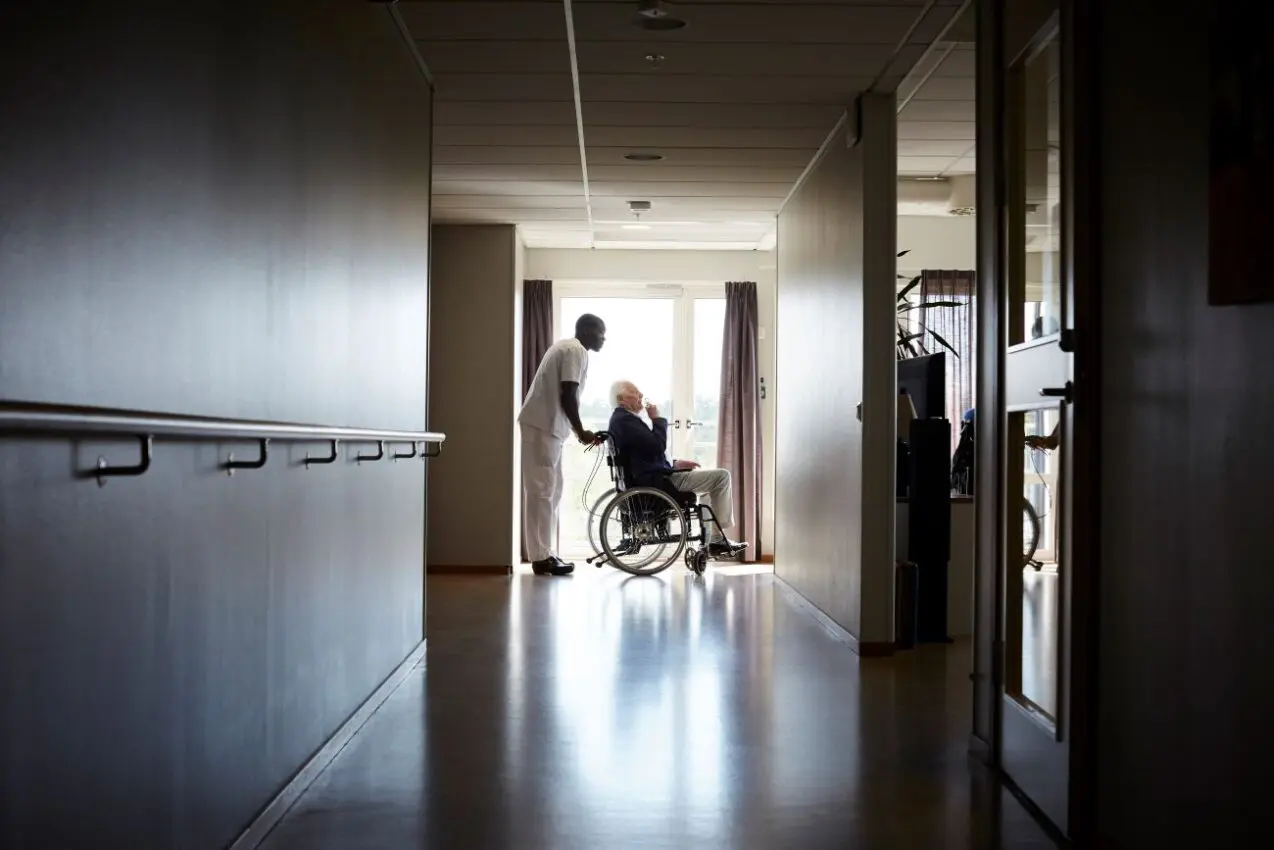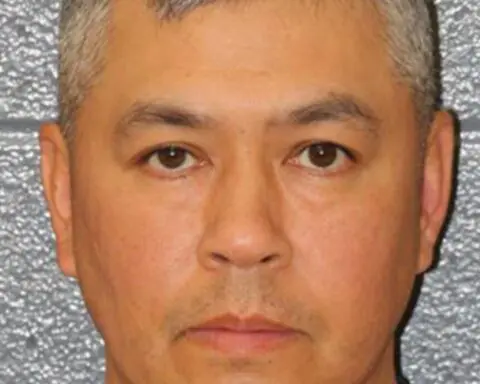An investigation into dementia care facilities across the United States has revealed a concerning trend of resident-on-resident violence, raising questions about the safety of vulnerable individuals and the challenges faced by caregivers.
The case of Dan Shively, a 73-year-old former bank president from Cody, Wyoming, who died after being shoved to the floor by another resident at Canyon Creek Memory Care Community in Billings, Montana, highlights the risks faced by those living with dementia in long-term care settings.
Shively, who had vascular dementia and was known for building floats for July Fourth parades and fly-fishing with his sons, was pushed by Jeffrey Dowd, a larger resident with a history of aggressive behavior, just four days after moving into Canyon Creek. The incident occurred when Shively, carrying a knife and fork, approached a dining room table where Dowd was sitting. Dowd told Shively to keep the knife away from his coffee, according to a witness statement. As Shively turned to walk away, Dowd stood up and shoved him, causing Shively to fall and fracture his skull, resulting in a brain hemorrhage. He died five days later.
"The doctor said there's not much they could do about it," Shively's son Casey said in an interview.
The incident at Canyon Creek is not an isolated occurrence. A recent study published in JAMA Network Open examined 14 assisted living homes in New York and found that within one month, 15 percent of residents experienced verbal, physical, or sexual aggression from other residents. Another study revealed that nearly 8 percent of assisted living residents engaged in physical aggression or abuse toward residents or staff members within one month.
Experts say dementia residents are particularly susceptible to involvement in these altercations. The disease damages parts of the brain, affecting memory, language, reasoning, and social behavior, making conflicts more likely.
More than 900,000 people with Alzheimer's or other types of dementia reside in nursing homes and assisted living centers in the United States. Many of the most severely impaired individuals live in approximately 5,000 facilities with locked dementia floors or wings or in 3,300 homes devoted exclusively to memory care.
These specialized facilities, often operated for profit, frequently charge thousands of dollars extra per month, promising expertise in dementia care and a safe environment for residents. However, the investigation found that many struggle to prevent or manage violent incidents effectively.
Karl Pillemer, a Cornell University gerontologist and lead author of the JAMA study, said, "As much as long-term care providers in general do their best to provide competent, high-quality care, there is a real problem with endemic violence."
The investigation revealed several factors contributing to the prevalence of violence in dementia care facilities:
- Inadequate staffing levels
- Insufficient or ineffective staff training
- Failure to properly assess incoming residents
- Retention of residents despite demonstrated threats to others
- Financial incentives to maintain high occupancy rates
In the case of Canyon Creek, court records show that the facility was aware of Dowd's potential for aggression before admitting him. A note to employees warned that Dowd could be "physically/verbally abusive when frustrated."
Montana law prohibits assisted living facilities from admitting or retaining residents who are "a danger to self or others." However, Canyon Creek argued in court that this statute was too broad to be the basis of a negligence claim and that all memory care residents are unpredictable.
After Shively's death, Dowd remained at Canyon Creek for nearly three more years. During this time, he was involved in numerous altercations with other residents, according to facility records filed in court.
One nurse wrote in a filed statement describing Dowd's dispute with another resident, "I'm literally scared to death of Jeff."
Incidents involving Dowd ranged from verbal threats to physical assaults. In one instance, he shoved a resident "down on his back so hard his head bounced off the floor," according to a nurse's note. On separate occasions, Dowd hit two residents on the head, once causing bleeding.
The records also detail inappropriate sexual behavior by Dowd toward other residents and staff members. In the summer of 2021, he reportedly touched a female resident inappropriately, leading to his transfer to a state psychiatric facility.
The Shively family filed a lawsuit against Canyon Creek, which went to trial in 2022. Despite some evidence being excluded, the jury found Canyon Creek negligent and awarded the family $310,000 in damages.

 With Gaetz out as attorney general pick, Trump’s right flank looks for a new ally at FBI
With Gaetz out as attorney general pick, Trump’s right flank looks for a new ally at FBI
 Guessing game over Trump's Treasury pick adds to US bond market's negative mood
Guessing game over Trump's Treasury pick adds to US bond market's negative mood
 CoreWeave targets valuation of over $35 billion in 2025 US IPO, sources say
CoreWeave targets valuation of over $35 billion in 2025 US IPO, sources say
 72,000 pounds of ready-to-eat meat, poultry recalled amid deadly listeria outbreak
72,000 pounds of ready-to-eat meat, poultry recalled amid deadly listeria outbreak
 Trump’s intel pick was placed on government watch list for overseas travel and foreign connections
Trump’s intel pick was placed on government watch list for overseas travel and foreign connections
 Chamber of Commerce sees new US export crackdown on China, email says
Chamber of Commerce sees new US export crackdown on China, email says
 Samsung ordered to pay $118 million for infringing Netlist patents
Samsung ordered to pay $118 million for infringing Netlist patents
 Lawyer says ex-Temple basketball standout Hysier Miller met with NCAA for hours amid gambling probe
Lawyer says ex-Temple basketball standout Hysier Miller met with NCAA for hours amid gambling probe
 Brock Purdy will miss Sunday's game for the 49ers with a shoulder injury
Brock Purdy will miss Sunday's game for the 49ers with a shoulder injury
 What to do if your luggage is lost, delayed, stolen or damaged
What to do if your luggage is lost, delayed, stolen or damaged
 Investigate the alarming rise of dementia care violence in nursing homes and assisted living facilities. Learn about risks, causes, and potential solutions.
Investigate the alarming rise of dementia care violence in nursing homes and assisted living facilities. Learn about risks, causes, and potential solutions.






